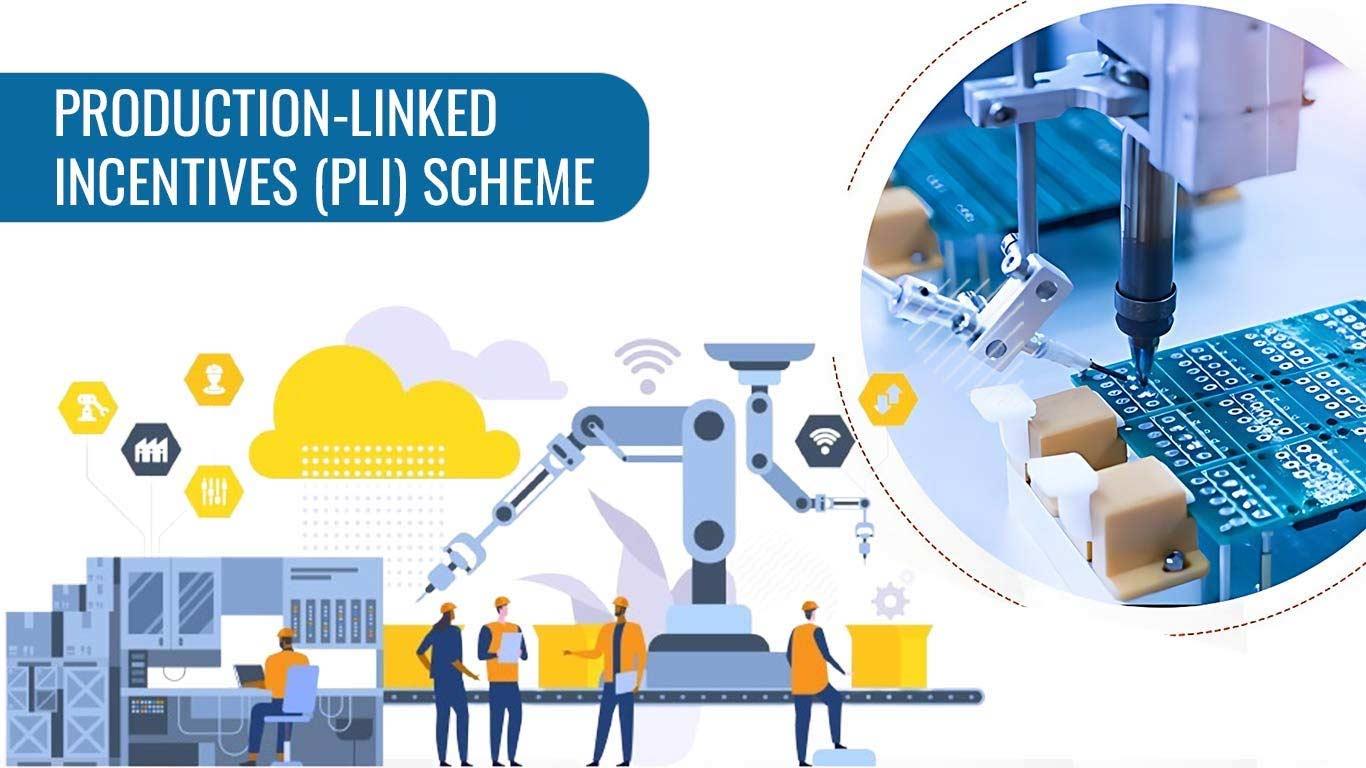
India Attracts Over $17 Billion In Investments Through PLI Scheme To Boost Domestic Manufacturing
This initiative aims to reduce the nation's dependency on imports from China, particularly in key sectors such as electronics, pharmaceuticals, textiles, and white goods.
Amardeep Singh Bhatia, Secretary of the Department of Promotion of Industry and Internal Trade, underscored the success of the PLI scheme, which provides manufacturers with 4-6 per cent cash incentives on incremental sales.
He noted that the initiative has not only boosted investments but has also established India as a formidable player in global electronics manufacturing, especially in smartphones.
The country has become the second-largest producer of mobile phones, with Apple's iPhone exports surpassing USD 12 billion in the fiscal year 2023/24.
The impact of the PLI scheme is reflected in the production generated, amounting to approximately Rs 11 trillion (about USD 131.6 billion) and creating nearly one million jobs over the past four years.
With a focus on reducing mobile imports from China, India is now targeting the production of laptops, tablets, computers, and servers. To facilitate this transition, the government recently extended the“import management system” by three months, a measure introduced in November 2023 requiring companies to register their imports of laptops and tablets.
An official source emphasized,“We have signalled to the industry that we want to cut imports particularly from China.” The IT hardware market in India, which includes laptops, is valued at nearly USD 20 billion, with approximately USD 5 billion stemming from domestic production, according to Mordor Intelligence.
In a strategic shift, India rolled back its earlier plan to impose a licensing regime for imports of laptops and tablets. Instead, the government has approved incentives for 27 IT hardware manufacturers, including major players like Acer, Dell, HP, and Lenovo, with expectations of generating about USD 42 billion in production over the coming years.
Ajay Srivastava, founder of the Global Trade Research Initiative, expressed optimism regarding India's potential to build its own laptop manufacturing capabilities. Notably, China accounted for over USD 9 billion of India's imports in the 2023/24 fiscal year.
Rising incomes and expanding educational needs have spurred demand for laptops and other electronic devices, favouring local manufacturing.
Companies like Dixon Technologies have embraced the PLI scheme, with plans to manufacture 2 million units by the fiscal year 2025/26, aiming to fulfill 15 per cent of India's domestic demand.
Executive Director Prithvi Vachani stated that Dixon is also focused on securing local manufacturing components in the near future, solidifying India's path toward self-reliance in electronics production.
(KNN Bureau)
Legal Disclaimer:
MENAFN provides the
information “as is” without warranty of any kind. We do not accept
any responsibility or liability for the accuracy, content, images,
videos, licenses, completeness, legality, or reliability of the information
contained in this article. If you have any complaints or copyright
issues related to this article, kindly contact the provider above.


















Comments
No comment